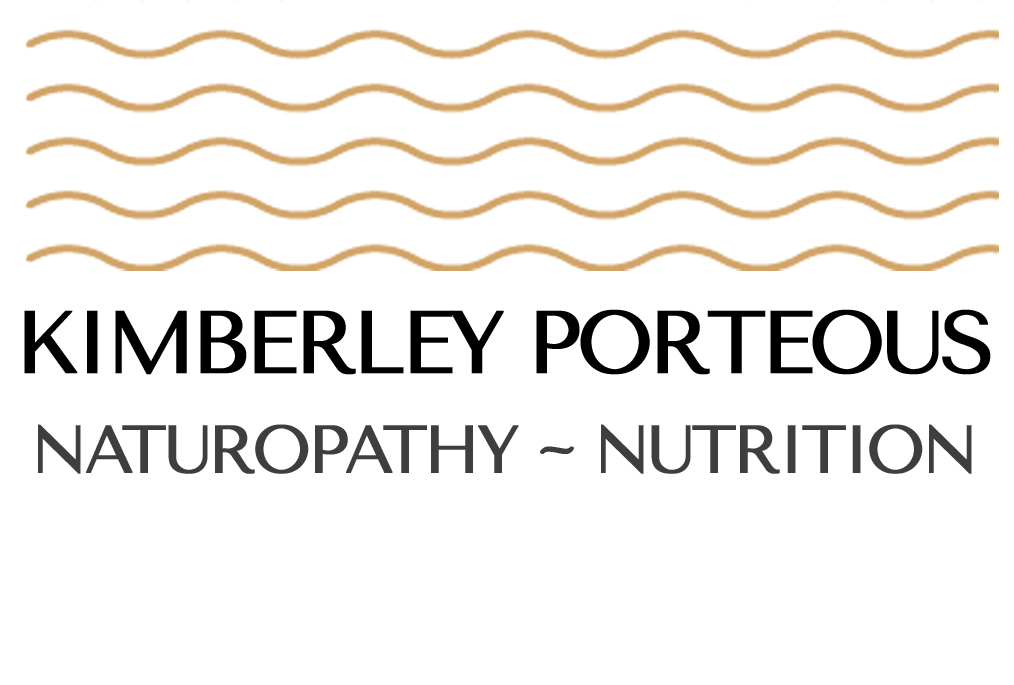
Anxiety symptoms and low mood can affect up to 40% of women during their perimenopausal transition.
This is due to the complex interplay of hormones and the effects they have on the nervous system during this time in which your endocrinological system is hitting the reset button. But essentially it comes down to declining progesterone and wild fluctuations of oestrogen.
READ: WHY DO I HAVE ANXIETY DURING PERIMENOPAUSE?
How to treat anxiety during perimenopause
- Anxiety, and especially depression, should always be evaluated by your doctor or a registered psychologist. Cognitive behavioural therapy and mindfulness training are two techniques that can be extremely effective at minimising and reducing anxiety attacks. However, if your anxiety is fleeting and/or infrequent, and only appeared with other perimenopausal symptoms, then it is likely that hormonal fluctuations are the cause of your newfound anxiety. In this case, consulting with a well-qualified naturopath can bring excellent results. They will figure out by your symptoms and perhaps through hormonal testing whereabouts you are in your perimenopausal transition to determine which hormones need modulating to bring relief from your anxiety. Remember: naturopathic medicine treats the cause.
- Your level of health prior to perimenopause is the number one predictor of menopausal symptoms, so start to prepare for perimenopause early. It’s coming, no matter whether you welcome it or not! Even if you wait for the first symptoms (irregular periods) before seeking treatment, you will likely sail through the remainder of menopause if you begin working with your body naturally at the onset of perimenopause, so the anxiety, hot flushes, sleep deprivation and depressive symptoms are much less likely to strike you.
- If you aren’t already exercising at least three to four times a week, find an activity you enjoy and make it an integral part of your lifestyle. Exercise appears to have a positive effect on anxiety during perimenopause, with studies indicating women who exercise regularly have a more positive mood and improved sleep.
- Perimenopause is period of reset for our hormones. This is enough to exhaust you and to upset your nervous system profoundly. If you were living in a state of stress prior to perimenopause then your hormonal balance is already out of whack — in which case perimenopause will only worsen your mood and your anxiety symptoms. If your adrenals are run down and you’re feeling “burned out”, this exacerbates it further, making for a harsher transition during which anxiety and depressive symptoms will be much more likely. If you are in perimenopause, you need to rest more. Start to nourish yourself, slow down by scheduling long periods of rest and joyful activities, and work to re-evaluate your relationship to “success” and perfectionism to help to reduce your psychological and physiological stress inputs. Work with a natural health practitioner to restore your nervous system, strengthen your HPA axis function and build up your body’s resistance to stress so you can sail through the endocrinological challenge of perimenopause.
- Depending where you are in your menopausal transition, herbal medicines such as Vitex (aka chaste tree) which increase progesterone production can help reduce anxiety. Always seek advice from a qualified naturopath as Vitex can worsen your situation (and increase your anxiety!) depending on the levels of your other reproductive hormones.
- Serotonin levels drop by around 50% when oestrogen drops. This drop of serotonin is often behind that insatiable hunger for carbohydrates which some women experience, and is also a major driver of both hot flushes, night sweats and depression. There are several herbal medicines like Saffron which raise the body’s natural serotonin production, so the prescription of these by a naturopath often brings about immense relief.
- Magnesium is your friend during perimenopause to support your nervous system, regulate your HPA axis, improve neurological function, provide energy, balance blood sugar and induce calming sleep. It is also a precursor to serotonin production and is absolutely essential for bone mineral density. Steer clear of magnesium oxide which passes directly through you without having any beneficial effects; get yourself a quality formulation recommended by a health practitioner with degree qualifications in nutrition.
- The adrenal glands take over oestrogen production via DHEA following menopause, so naturopath-prescribed tonics which improve adrenal function can improve oestrogen production and therefore improve the emotional resilience during perimenopause and beyond.
- Consuming adequate dietary cholesterol is essential to support steroid hormone production and maintain your hormonal balance during this transition. In fact, higher intake of oily fish is associated with later onset of menopause.
- Make sure your thyroid gland is functioning optimally to support your metabolism. Perimenopause is associated with increases in fat mass and body weight, so a healthy thyroid can help mitigate some of this.
- The liver plays an essential role in clearing out your reproductive hormones once your body has finished with them, and any impairment of liver function will only exacerbate hormonal imbalance during this challenging time of fluctuations. Seek out a qualified naturopath for herbs such as St Mary’s Thistle to support liver function. This fabulous herb can also significantly decrease the frequency and severity of hot flushes.
- Consider cutting back on or eliminating caffeine during this period as it exacerbates symptoms of anxiety and depression. In my clinical experience women also become more sensitive to caffeine around this time with it having a more disruptive effect on their sleep compared to prior perimenopause.
- Keep your blood sugar levels stable to prevent hormonal imbalances and anxiety spikes.
- Work with a qualified naturopath with experience in sleep disturbances to restore normal sleep patterns which will help balance your mood and your energy during the daylight hours.
Perimenopause is a natural phase of life and not something to be feared. Think of it as an initiation period into something better – a time of increased confidence, wisdom, personal power and freedom.
And work with a naturopath experienced in perimenopause and menopause to get those anxiety symptoms sorted!
Lifeline 13 11 14
Beyond Blue 1300 22 4636

1 Comment on How to treat perimenopause anxiety: Ask the menopause naturopath
Comments are closed.